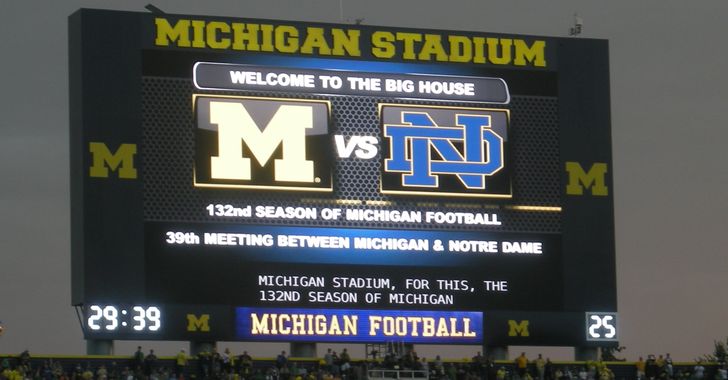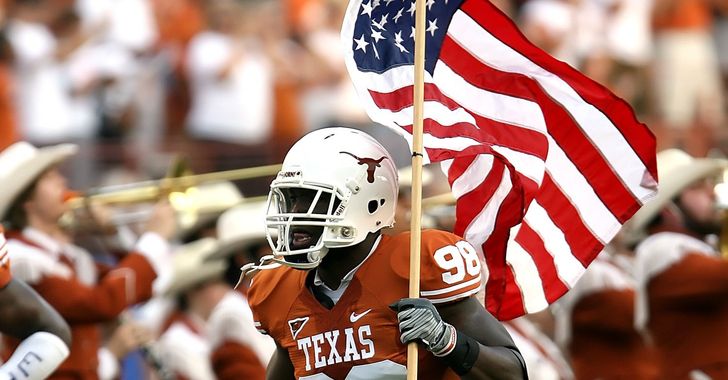The release of more than 400 inmates from an Oklahoma prison on Monday, November 4, was a milestone for state prison reform. Oklahoma has the nation's second-highest incarceration rate and is taking the lead on prison reform at the state level. The approval by the Oklahoma Pardon and Parole Board to release these inmates was unanimous and marks the largest commutation in a single day in our nation's history.
The State's Motivation
Commuting the sentences of these individuals was aimed at reducing the number of inmates in state prisons charged with nonviolent crimes that were already approaching the near end of their original sentences. The release of many of the inmates is attributed to the downgrading of many felonies to misdemeanors and with the HB 1269 docket. Reducing sentences for nonviolent offenses in Oklahoma has been a bipartisan effort despite the state being heavily Republican. During the approval process for reducing offenses, former Republican Representative Bobby Cleveland remarked, "Basically, in Oklahoma, we're just warehousing people in prison, and we're not trying to rehabilitate anybody because of budget constraints."
Those who were released were on average only 1.29 years away from completing their sentence, but the impact of their commutation is tremendous. The Pardon and Parole Board for the state estimates the completion of their sentences would have cost the state $11.9 million. Additionally, those who were commuted have an earlier opportunity to re-enter society. Oklahoma is attempting to facilitate the inmates' transition into society by establishing programs to ensure they are released with a license or at least a state-issued identification card to make the job search process easier. The state has begun to hold "transition fairs" for inmates at state facilities to connect inmates with services they will need once released such as housing and employment opportunities.
What's Next
While the commutation of these prisoners is a step in the right direction for Oklahoma, it cannot be the last. The state is still behind others in terms of programs and steps to reduce incarceration rates, which explains its consistent alarmingly high rates. Andrew Speno, Oklahoma's Right on Crime director, believes the progress made Monday is at risk of "being undermined" because the state has not allocated millions of its savings to mental-health services, job-placement help, and other services to aid the inmates.
Advocates from the American Civil Liberties Union have voiced concern, stating that for the state to progress, changes to sentencing enhancements need to be made to prevent released inmates from being subject to harsher punishment for the same offense if repeated.
The mass commutation is certainly a landmark in bipartisan prison reform efforts with an important emphasis on facilitating a successful re-entry to society. Gov. Kevin Stitt (R-OK) Stitt said in a statement Monday, "This event is another mark on our historic timeline as we move the needle in criminal justice reform, and my administration remains committed to working with Oklahomans to pursue bold change that will offer our fellow citizens a second chance while also keeping our communities and streets safe."
While there are concerns about the state becoming complacent in the fight for prison reform due to this success, politicians and activists alike have voiced their commitment to improving the criminal justice system.
National Implications
The United States, a beacon of freedom for many, has championed the highest incarceration rates in the world for quite some time. Rates have decreased steadily over the past five years; however, our nation remains at the highest rate. For reference, the United States spends almost $12 billion more on corrections facilities than the Department of Education's budget. This massively complex issue can be attributed to many institutional problems and has endless contributing factors.
Most of the prison reform efforts have been targeted at the federal level, whether it be pushing against the impacts of the war on drugs or fighting against or for privatized prisons, etc. Drug offenses account for a far higher percentage of inmates in federal facilities compared to state facilities, though this greatly oversimplifies the relationship between drug crimes and incarceration. Oklahoma, for example, has a long history of locking up offenders for drug-related crimes than many other states.
Additionally, some studies by the United States Sentencing Commission have shown that after prisoners are released, there is an almost 50 percent chance they end up in the system once more. This is why many argue that while the mass commutation on Monday is a step in the right direction, the state needs to focus on creating a successful re-entry to society for inmates.
Prison reform in Oklahoma has brought an ongoing issue into the national spotlight once again and provides a great opportunity for reform across the nation for states to follow in suit. Mass incarceration in the United States is not an issue that can be resolved with a few policy changes or commutation of sentences, but one that requires dedication at every level of government from politicians, lobbyists, and activists.







 Photo by
Photo by 









































